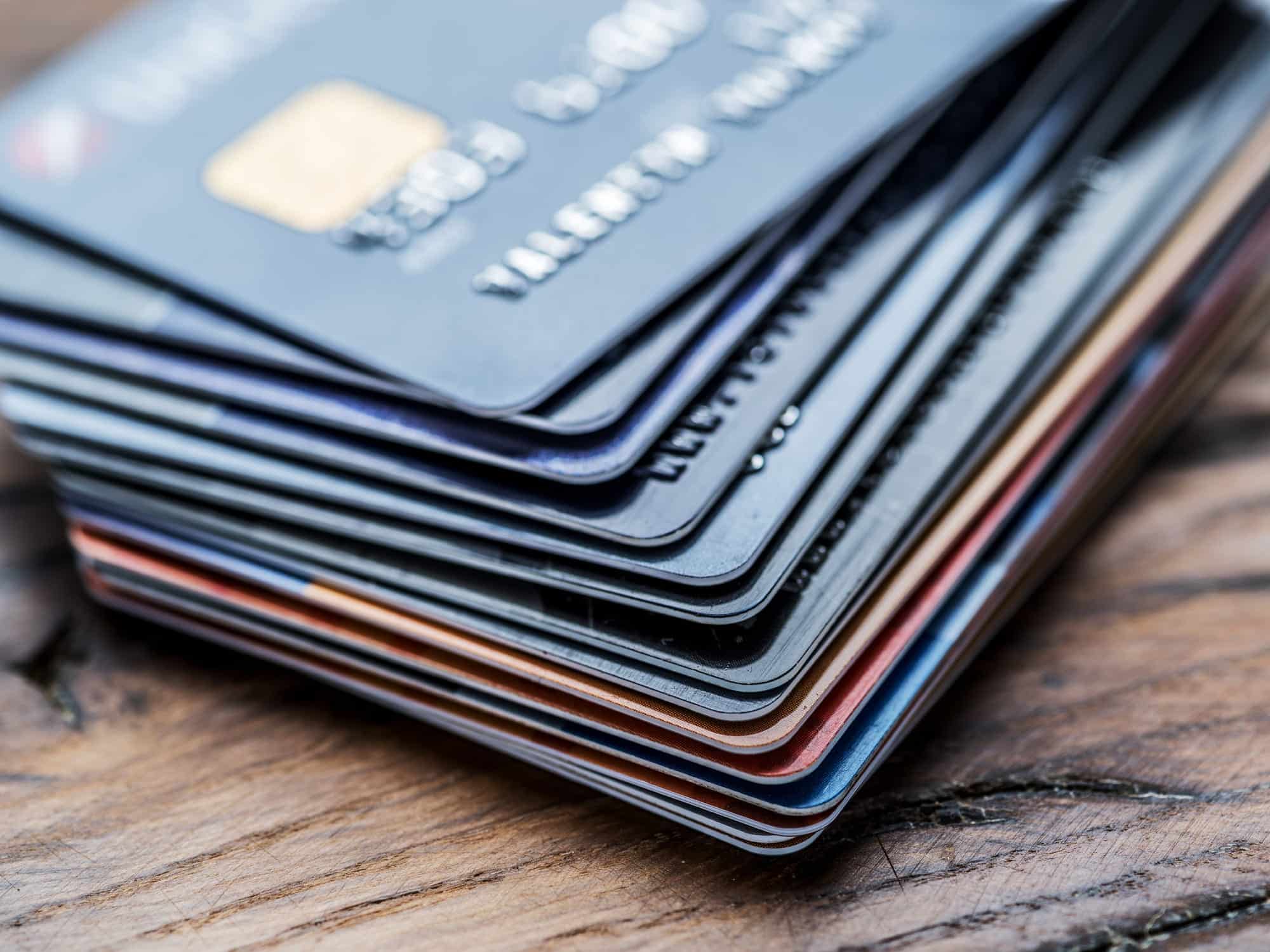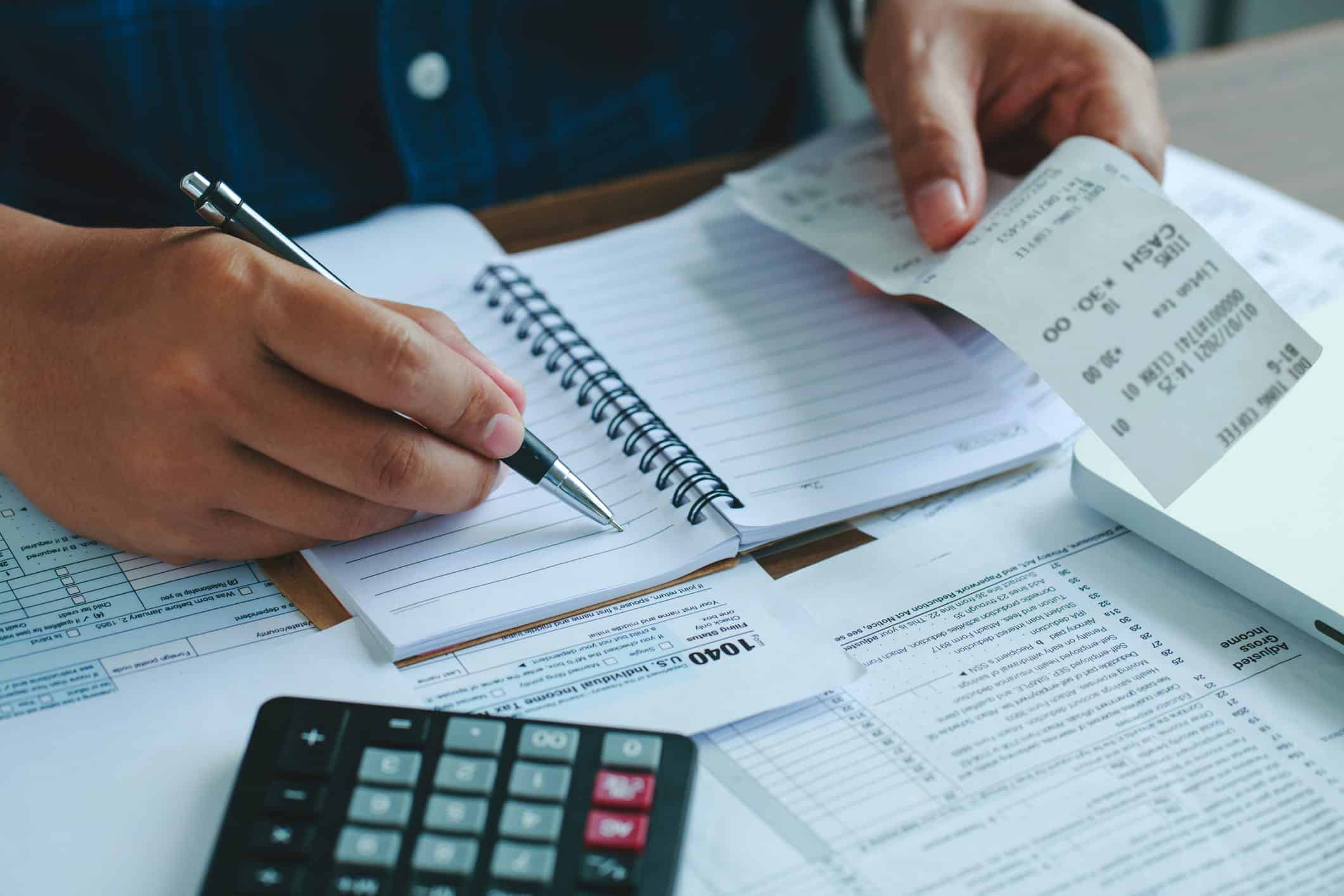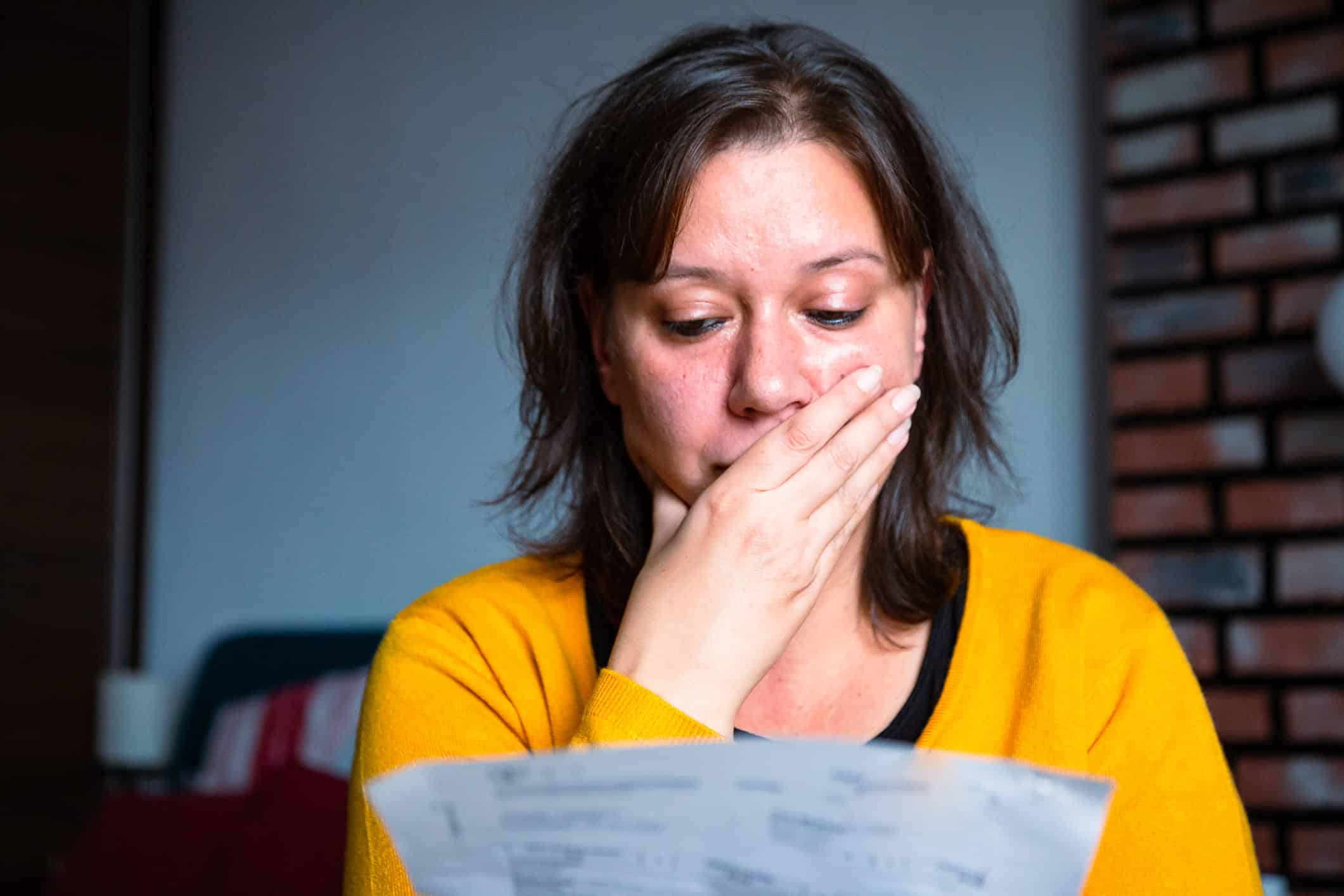Filing Bankruptcy On Credit Cards: When Are You Off The Hook?
Most people file Chapter 7 bankruptcy to get a fresh start with their lives and discharge their debts. And most credit card debts can be discharged through a Chapter 7 bankruptcy, meaning you will no longer have to pay them back once your bankruptcy claim is completed. Just as you had to build your credit score when you got your first credit card, you will need to rebuild your credit score after bankruptcy. The good news is that typically, unless there is fraud involved, the consequences don’t extend beyond that since credit card debt in a Chapter 7 bankruptcy is considered an unsecured debt (an obligation sans collateral). Here are the following ways your credit card debt may be handled when you file a Chapter 7 bankruptcy.

The Trustee Pays the Creditors From Your Bankruptcy Estate

Typically, when you file a bankruptcy case, a bankruptcy estate is created. This includes all your legal and equitable interests, as well as your intangible and tangible assets. During a case, this is handed over to a trustee to pay back your creditors. However, in Chapter 7 bankruptcies there are usually “no assets.” This mean there is no property available to be liquidated to pay off the debt. That means the only items left are money assets.
Credit card debts and most unsecured debt are classified as non-priority claims. If your bankruptcy estate has enough money (unlikely), the Chapter 7 trustee may pay back your unsecured claims. Any payments that can be made at the end of it all are distributed with each unsecured creditor (credit card company included) receiving equal percentages. This typically amounts to 0% or a few pennies for every dollar owed.
Credit Card Debt That Cannot Be Discharged

If you have incurred your credit card debt through fraud such as false pretenses and misrepresentation, your debt is not dischargeable. For example:
- If within 75 days, you use a credit card to obtain over $925 in cash advances, this debt will be non-dischargeable regardless of whether or not you use the money for necessities or luxury goods.
- If within 90 days of filing bankruptcy you purchase over $650 in luxury goods on a single credit card, this debt will be non-dischargeable. Luxury goods do not include anything necessary for your maintenance or support of you or your dependents. For example: food, clothing, and gasoline.
Disputing Non-Dischargeable Credit Debt

In order for a credit card company to argue that your debt is nondischargeable, they must (within 60 days of the first meeting of the creditors), file a complaint with the bankruptcy court. If they do not do this, the above fraudulent cases may still be discharged. In addition, after a complaint for non-dischargeability is filed by a creditor, you may file a dispute against the claim. There will then be a court hearing to determine whether or not your debt is dischargeable.
It pays to be aware of the bankruptcy process well before filing. Since the process is time sensitive and can become complicated, it’s best to seek advice from an experienced bankruptcy lawyer as soon as possible.
If you are feeling overwhelmed by credit card debt, and would like to discuss your options, contact Las Vegas bankruptcy attorney Anthony DeLuca at (702) 252-4673 for a free consultation.
If you liked this post, you might also like:
Bankruptcy And Child Support: What You Need to Know
Can You File Bankruptcy On IRS Debt?
Why Americans Are Carrying Less Credit Card Debt






